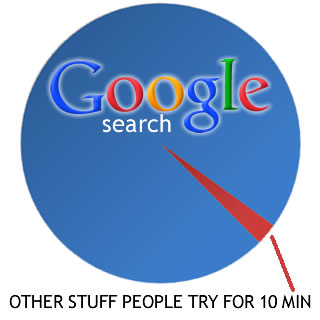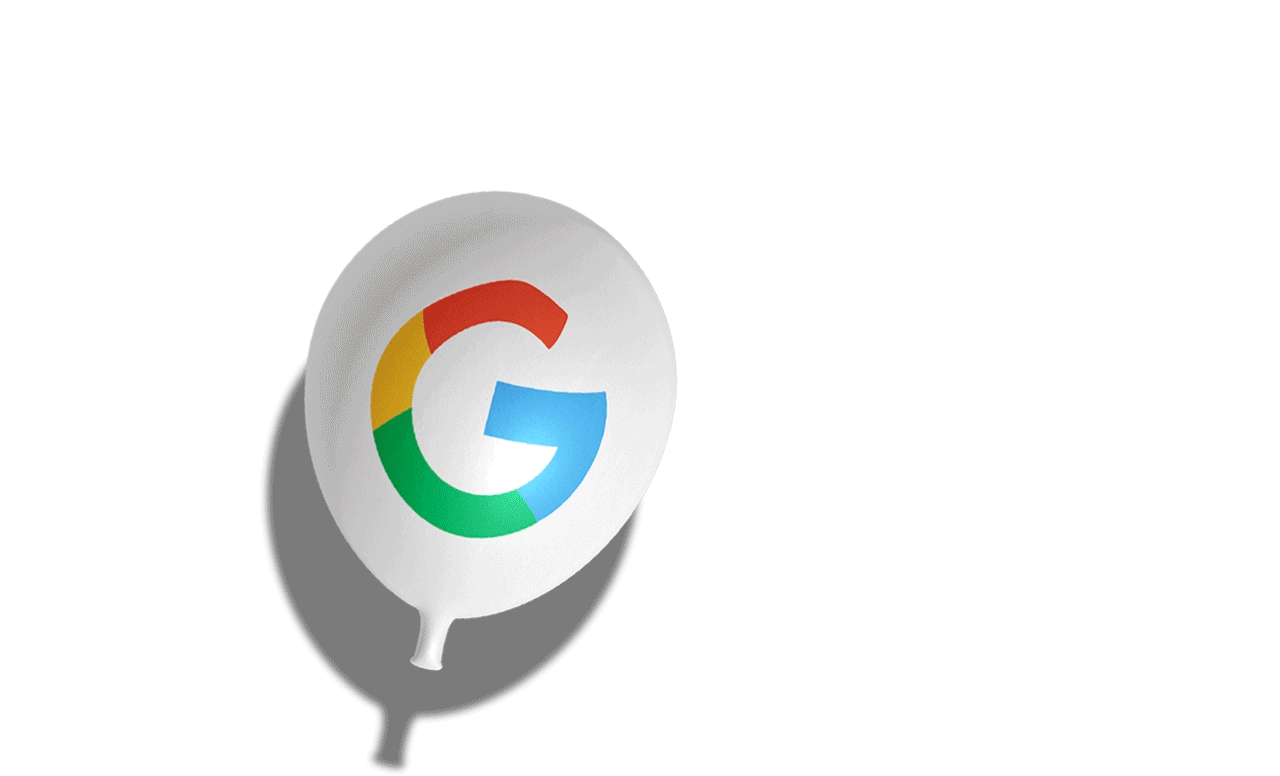After 25 years and information control, the Google spills the beans about dead ducks.

BY:
Salvatore Nicci
Technology Analyst / Reporter
PROJECT COUNSEL MEDIA
23 March 2022 (Rome, Italy) – About 25 years. That’s how long it took Google to admit that it divides the world into bluebirds, canaries, sparrows, and dead ducks. Are we talking about our feathered friends? Nope. We are dividing the publicly accessible Web sites into four categories. Note:
Bluebirds — Web sites indexed in sort of almost real time. Example: whitehouse.gov and sites which pull big ad sales
Canaries — Web sites that are popular but indexed in a more relaxed manner. Example: Sites which pull ad money but not at the brand level
Sparrows — Web sites that people look at but pull less lucrative ads. Example: Your site, probably?
Dead ducks — Sites banned, down checked for “quality”, or sites which use Google’s banned words. Example: You will have to use non Google search systems to locate these resources. Example: Drug ads which generate money and kick up unwanted scrutiny from some busy bodies.
“Google Says ‘Discovered – Currently Not Indexed’ Status Can Last Forever” explains:
‘Discovered – Currently not indexed’ in the Google Search Console Index Coverage report can potentially last forever, as the search engine doesn’t index every page.
The article adds:
Google doesn’t make any guarantees to crawl and index every webpage. Even though Google is one of the biggest companies in the world, it has finite resources when it comes to computing power.
Monopoly power? Now that Google dominates search it can decide what can be found for billions of people. This is a great thing for the Google. For others, perhaps not quite the benefit the clueless user expects?
Due to the nature of our work, we use 4 different search indices plus a proprietary AI search function. But if something cannot be found in the Google Web search index, that something does not exist for most people. After 25 years and information control, the Google spills the beans about dead ducks.
Google: a redefinition of relevance

It begins with the author’s search for a new toaster. That is the example The New Yorker‘s Kyle Chayka cites as he discusses “What Google Search Isn’t Showing You.” Of course, we know that Google sells ads. It does not deliver objective search. If you want objective search, you have to do actual research, not query free services which have to make money selling user data, ads, and analyses. That is why Chayka’s initial toaster hunt produced a dissatisfying, “cluttered onslaught of homogenous e-commerce options,” as he put it.
When Google Search launched in 1998, it was free of advertising and dedicated to supplying users with the best results. At the time, co-founders Sergey Brin and Lawrence Page wrote that advertising would interfere with that goal. Even so, they introduced ads two years later; their original hypothesis was, as it turns out, correct. Then there is the entire SEO racket that has developed around gaming Google’s algorithm. And let us not forget Google’s growing willingness to push its own interests to the top of results. Chayka writes:
“Decades of search-engine optimization have resulted in content that is formulated not to inform readers but to rank prominently on Google pages. That might be one reason that my toaster results felt so redundant: each site is attempting to solve the same algorithmic equation. Gabriel Weinberg, the C.E.O. of the privacy-focused search-engine company DuckDuckGo, cited three other sources of dissatisfaction with Google Search. The first is the company’s practice of tracking user behavior, which drives the kind of creepy, chasing-you-around-the-
Internet advertising that Google profits from. The second is Google prioritizing its own services in search results, by, for instance, answering a travel query with Quick Answers pulled from Google Places instead of from a richer, more social source such as Tripadvisor. Lastly, Weinberg argued, users are simply tired of Google’s dominance over their experience of the Internet. Google is reportedly paying Apple upward of fifteen billion dollars a year to remain the default search engine on iPhones. On Google’s own Android phone, changing one’s preferred search engine requires a cumbersome settings adjustment, and pop-up messages along the way urge the user to switch back to Google.”
To say the company is taking advantage of its near-monopoly is an understatement. (Google Search makes up about 85% of the search market.) Besides DuckDuckGo‘s Weinberg, the article shares comments from two other alternative-search champions, Marginalia founder Viktor Lofgren and Are.na co-founder Daniel Pianetti. See the write-up for those perspectives. When applied to Chayka’s toaster queries, both these niche platforms returned unexpected results. The author found them interesting if not particularly helpful for the online shopper.
We do not know where Chayka finally decided to purchase a new toaster, but his tangent reminds us how far Google has veered from its original philosophy.